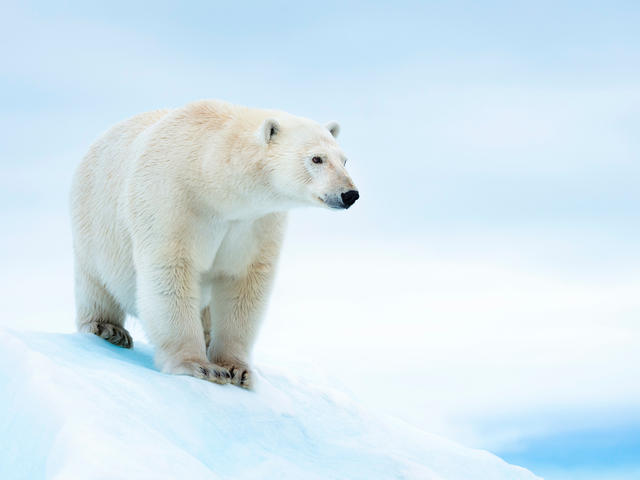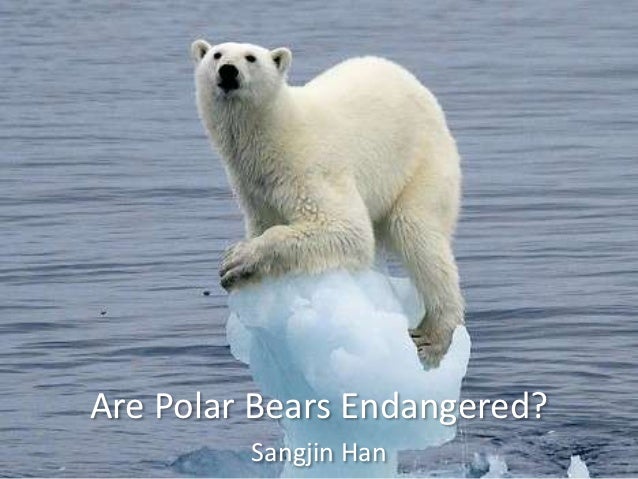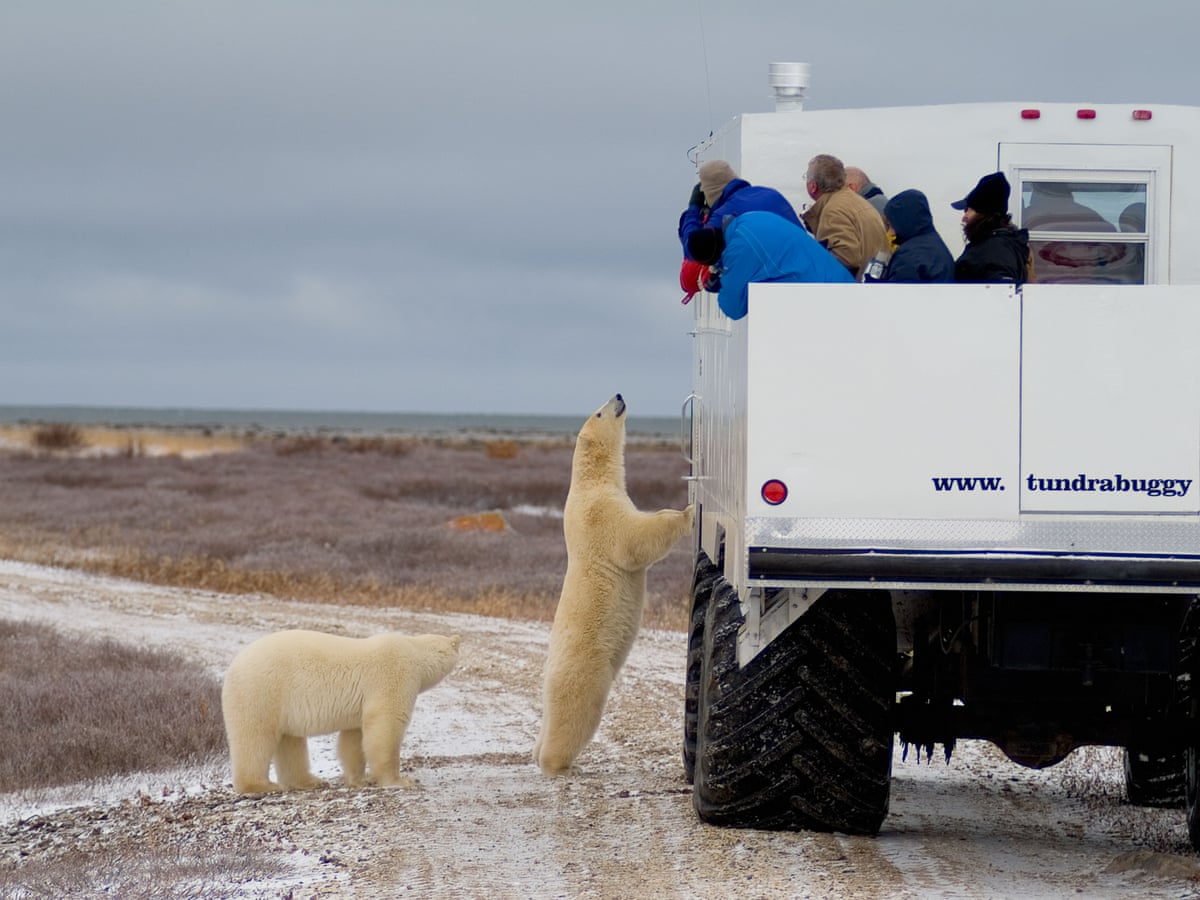A new study suggests that polar bears could face extinction as climate change drives sea ice loss according to a new study published Monday in the journal Nature Climate Change. The International Union for Conservation of Nature Arctic Climate Impact Assessment United States Geological Survey and many leading polar bear biologists have expressed grave concerns about the impact of climate change with some predicting extinction by 2100.
As the bears spend longer periods without food their health declines.

Polar bear extinction. Further polar bears are likely to experience reproductive failure by 2040 reducing the number of offspring needed for population maintenance. Climate change is starving polar bears into extinction according to research published Monday that predicts the apex carnivores could all but disappear within the span of a human lifetime. July 20 2020.
Polar bears will be wiped out by the end of the century unless more is done to tackle. Polar bears could become nearly extinct by the end of the century as a result of shrinking sea ice in the Arctic if global warming continues unabated scientists said. Polar Bears Endangered and Conservation There are currently 8 of the 19 species of Polar Bears out there with a status of vulnerable.
Part of the problem has to do with the fact that Polar Bears were constantly hunted for decades. Polar bears depend on sea ice to hunt for food and face extinction as it continues to melt at a rapid rate. Polar bears could inevitably face extinction by 2100 according to researchers.
By as early as 2040 it is very likely that many polar bears will begin to experience reproductive failure leading to local extinctions according to. Are Polar Bears Endangered. Polar bears rely on sea ice to hunt seals rest breed and store energy for the summer and autumn when food can be scarce.
Polar bears will be wiped out by the end of the century unless more is done to tackle climate change a study predicts. Scientists estimate 20000 polar bears living today and each year they kill one million ringed seals. In some regions they are already caught in a vicious downward spiral with shrinking sea ice cutting short the time bears have for hunting.
Polar bears extinction according to conservationists could create an imbalance in the Arctics ecosystem. The carnivorous bears live. Polar bears are not going extinct.
Polar bears are well-distributed across their available habitat and population numbers are high officially 22000-31000 at 2015 but likely closer to 26000-58000 at. However according to Nunavut government study 8000 km aerial survey of 2010 polar bears are not in any crisis as they have been believed to be. The heating of the planet is pushing Earths polar bear population to its limit and according to a new study they could have fewer than 100 years left before extinction.
For instance if the bears become extinct the population of ringed seals the primary prey could grow to an unmanageable proportion. 21 JULY 2020. With climate change continually melting sea ice in the arctic experts are worried that the species might not be.
If the trend of sea. Human-caused global warming is causing the Arctic sea the bears habitat and hunting ground to melt and decline. Scientists say some populations have.
If you have been told that you have misunderstood or have been misinformed. A new study has predicted that most polar bears in the Arctic will become extinct by 2100 if greenhouse gas emissions remain on their current trajectory. The IUCN Polar Bear Specialist Group lists the polar bear as a vulnerable species citing sea ice loss from climate change as the single biggest threat to their survival.
The most recent study Hamilton Derocher 2018 estimates there. Polar bears could be extinct by 2100 amid warming Scientists noted that moderate emissions mitigation could prolong their projected life-expectancy for a time but it wont keep some populations from reaching extinction by the end of the century. Sea ice now melts earlier in the spring and forms later in the autumn in the bears southern range like Hudson Bay and James Bay in Canada.
Google says many people ask this question so here is the correct answer. Considering global warming and its effect on sea ice scientists predicted the number of polar bears along the western shore of Hudson Bay to drop to 613. Because polar bears most scientists agree are in trouble.
This is due to the drop in their numbers and concerns that if that continues they will become extinct.



